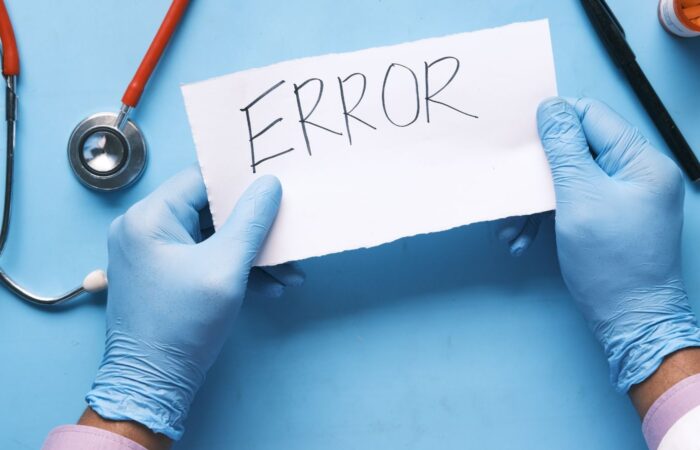The world of healthcare is on the brink of a revolutionary transformation, thanks to the remarkable advancements in artificial intelligence (AI). AI is not just the stuff of science fiction; it’s a tangible force that is reshaping the industry in profound ways. In this blog post, we will delve into the exciting world of AI applications in healthcare, exploring the incredible potential and benefits it brings to the table.
1. Early Disease Detection and Diagnosis
One of the most significant contributions of AI to healthcare is its ability to detect diseases at an early stage, often before symptoms appear. Machine learning algorithms can analyze vast datasets, including medical images, genetic information, and patient records, to identify patterns and anomalies that may indicate the presence of diseases such as cancer, diabetes, and heart disease. Early detection allows for timely intervention, leading to better treatment outcomes and increased survival rates.
2. Medical Imaging and Radiology
AI has revolutionized medical imaging and radiology. Image recognition algorithms can analyze X-rays, MRIs, and CT scans with remarkable accuracy, helping healthcare providers detect abnormalities and make diagnoses more quickly and precisely. This not only reduces the workload on radiologists but also enhances the quality of patient care.
3. Personalized Treatment Plans
AI-driven algorithms can analyze patient data, including genetic information, medical history, and treatment responses, to create personalized treatment plans. This tailored approach ensures that patients receive treatments that are more likely to be effective for their specific condition, reducing the risk of adverse effects and optimizing therapeutic outcomes.
4. Drug Discovery and Development
The process of drug discovery is time-consuming and expensive. AI is speeding up this process by predicting potential drug candidates, simulating their effects, and identifying promising compounds for further research. AI-driven drug discovery has the potential to accelerate the development of new treatments for various diseases.
5. Predictive Analytics for Hospital Operations
Healthcare facilities can use AI to optimize their operations. Predictive analytics can forecast patient admissions, resource utilization, and equipment maintenance needs, allowing hospitals to allocate resources efficiently and reduce costs. This results in improved patient care and a more streamlined healthcare system.
6. Virtual Health Assistants
AI-powered virtual assistants and chatbots are becoming increasingly popular in healthcare. These virtual health assistants can provide patients with medical information, schedule appointments, and even offer medication reminders. They are available 24/7, enhancing patient engagement and accessibility to healthcare services.
7. Administrative Efficiency
AI can streamline administrative tasks in healthcare, such as billing, coding, and claims processing. Automation of these tasks reduces errors, improves efficiency, and frees up healthcare professionals to focus on patient care.
8. Fraud Detection and Prevention
Healthcare fraud is a significant concern, costing the industry billions of dollars annually. AI algorithms can analyze vast amounts of healthcare data to detect fraudulent activities, such as overbilling and unnecessary procedures, helping to reduce fraud and save healthcare resources.
9. Remote Patient Monitoring
AI-powered remote monitoring devices enable healthcare providers to track patients’ vital signs and health metrics remotely. This is particularly valuable for patients with chronic conditions, as it allows for continuous monitoring and early intervention when necessary, reducing hospital readmissions and improving patient outcomes.
10. Mental Health Support
AI chatbots and virtual therapists are being used to provide mental health support and counseling. They can offer immediate assistance to individuals in crisis and provide ongoing support for those dealing with conditions like anxiety and depression.
In conclusion
AI is not just a buzzword in healthcare; it’s a game-changer. The applications of AI in healthcare are vast and transformative. From early disease detection to personalized treatment plans, administrative efficiency to drug discovery, AI is reshaping the way healthcare is delivered and managed. While there are challenges and ethical considerations to navigate, the potential for improving patient outcomes, reducing costs, and advancing medical research is undeniable. As AI continues to evolve and integrate further into healthcare systems, we can expect a brighter and healthier future for patients and healthcare providers alike. AI is not just a tool; it’s a partner in the journey towards better healthcare for all.





